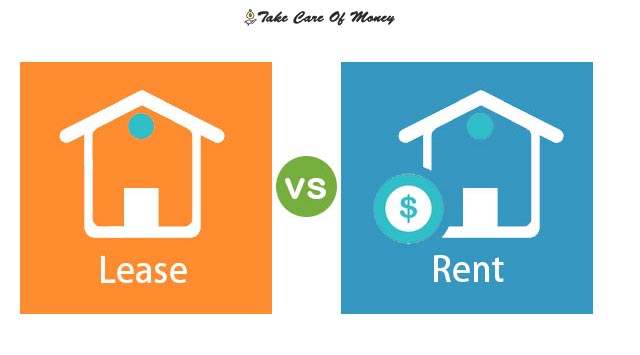Table of Contents
We are going to see the difference between leasing and renting, which are two similar financing options that are increasingly frequent but that have some differences. Firstly, both consist of the long-term rental of an asset, which is usually a vehicle, a building, or technological equipment.
Both leasing and renting are only offered for new goods and have a series of characteristics of their own and important when choosing between the two options. Each of them will be defined below indicating their basic differences. On the other hand, as the most common market in this type of contract is that of automobiles, vehicles will be addressed as an example in the explanations.
Main differences between renting and leasing
The main difference between renting and leasing is that renting can be used as a resource by ordinary individuals or individuals and not only by companies or the self-employed. The other important difference between both models is that the renting does not allow the possibility of acquisition at the end of the contract, that is, the owner may not become the owner of the property as it happens in leasing.
Rental contracts
It is known as leasing to operation very similar to the rent by means of which an option to purchase the property is acquired when the contract comes to an end. Normally a leasing contract has an established duration ranging from two to six years. As for renting, also another form of long-term rental in which, in addition to the corresponding monthly installments, other concepts are included such as registration taxes, circulation taxes, related insurance or the usual maintenance and assistance services. The duration of this type of operations usually ranges from one to five years.
For companies or individuals?
Furthermore, leasing can only be carried out in operations related to goods that can be used in an economic activity by a company or a self-employed person. Thanks to the use of leasing, many companies have the ability to obtain financing for a car with quite favorable conditions in tax terms. In renting in the same way, there is the advantage of tax benefits directed at companies or the self-employed. But also, in renting, unlike leasing, it is a tool that individuals can also use, although individuals do not obtain this type of favorable conditions from a tax point of view.
At the end of the leasing contract versus the renting
With the termination of the leasing agreement, the owner can choose to carry out the purchase of the vehicle through the payment of the residual value stated in the contract. If you do not choose this option, you could request an extension or extension of the contract negotiating new fees or change your vehicle and start a new contract.
The two options available at the end of a renting are the extension or renewal of the contract under the same conditions and a new car or the return of the vehicle. For this reason, renting ends up becoming a useful tool for people interested in the use of new vehicles from time to time and without having to worry about issues such as repairs or insurance.
Leasing and renting costs
Due to the inclusion of these expenses within the instalments, the payments related to a renting contract are generally higher than those of leasing or other alternatives.
